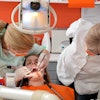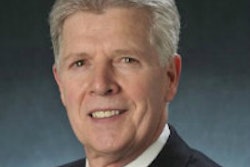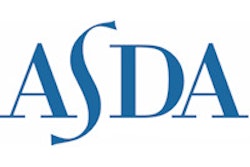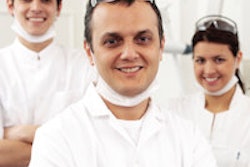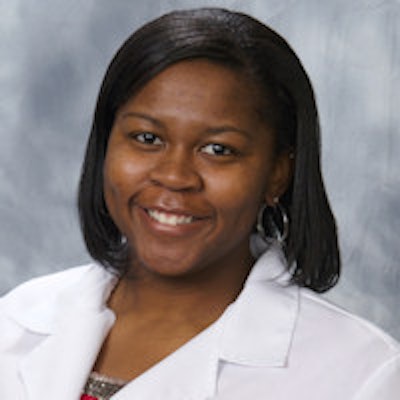
This article is reprinted with permission from the American Student Dental Association. It originally appeared in the October 2013 issue of ASDA News.
During the summer of 2008, I attended the Summer Medical and Dental Education Program at the University of Louisville. The program is a free, six-week, summer academic enrichment program sponsored by the Robert Wood Johnson Foundation (RWJF). The program offers full tuition, housing, meals, and a stipend for college freshman and sophomores from underrepresented populations at 12 university sites across the country to pursue careers in medicine and dentistry.
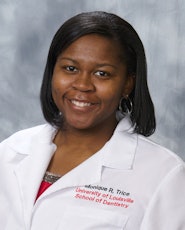 Monique Trice.
Monique Trice.
In my senior year of high school, I was offered a part-time job at a local dental office. My job included filing paperwork, answering the phones, scheduling appointments, and dental assisting. After working and shadowing in the office, I knew dentistry was the career for me. I was blessed to work with such wonderful people and gained experiences that will last a lifetime. However I was unsure of how I would achieve my goal of becoming a dentist. So, I began researching summer programs and came across the RWJF summer dental program. The program's mission touched my heart, since I can relate to this in several ways. I grew up in a single-parent household while my mother worked and attended nursing school. I helped care for my three younger siblings by working two part-time jobs in high school and undergrad while maintaining a 3.5 GPA.
I was accepted to the University of Louisville site, along with 79 other students from all over the country. It was one of the best experiences I've ever had. It gave me my first exposure to a dental school. It allowed me to interact with other students that I would have never met otherwise. The friendships I formed continue today. We stay in contact to help and encourage one another throughout school and life experiences. I realized I was not the only one with a disadvantaged background, so I never felt alone. This opened my eyes to learn more about rural, minority, and disadvantaged backgrounds. Throughout the program I was exposed to several courses that integrated health science and problem-solving to address unmet needs of underserved communities. Being educated in unmet needs made me realize the need to address these issues in my own community.
I attended classes in organic chemistry, biochemistry, and physiology; listened to medical and dental presenters; and interacted with students with similar aspirations. I gained a better understanding on how to address health inequalities and ways to address those issues, such as patient education. Some patients do not understand how systemic diseases affect their oral health, so learning to educate them helped us provide them with the tools they need to address their own health concerns.
I also enjoyed visiting the sim clinic at the dental school. I had the opportunity to participate in various activities, such as finger impressions, oral examinations, and practicing using a dental handpiece on learn-a-preps. I toured the dental school and assisted a dental student during a procedure. This exposure made my decision easier to apply to the University of Louisville. I felt more comfortable at my interview since I was familiar with the people and surroundings.
Participation in the program empowered me with the unwavering determination to overcome any obstacles in this journey, despite all the odds. When I returned home, I was more motivated and had the confidence I needed to finish my undergraduate career.
In 2008, I graduated from Enterprise-Ozark Community College, and in 2010, I graduated from Troy University. Programs like the high school dental program in Louisville are an invaluable experience for those interested in the healthcare field, especially those from disadvantaged backgrounds.
Monique Trice is a dental student at the University of Louisville School of Dentistry and will graduate in 2015.

